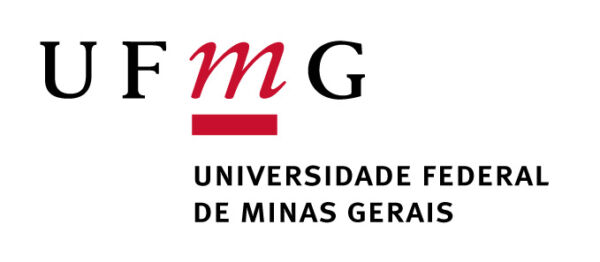Elaboration of climate impact assessment methods and development of participatory climate action plans for small and medium-sized municipalities
We are a group of professors and researchers from various fields attached to teaching and research institutions (Federal University of Minas Gerais, Federal Centre for Technological Education of Minas Gerais, Joao Pinheiro Foundation, Compasso, University of the State of Minas Gerais).

Overview of the project
Accelerated urbanisation over the last fifty years in which Brazilian cities have been subjected to climatic influences has had severe impacts on human and natural systems, and is currently being addressed under the heading of climate change. Mitigation and adaptation measures depend on a variety of policies at different scales, of which the local scale is the most appropriate because the impacts are felt at local level. However, the existing climate impact assessment and climate action plan development guides are allocated to large cities, leaving small cities (population between 20 and 100,000 inhabitants) without methods specific to their reality. In general, the departments of small towns have limited budgets and a small number of technical staff. At the same time, there is a problem linked to the lack of inclusion of the theme, which may be associated with the difficulty of communication between researchers and urban planners, as the information produced by the former cannot be included in the activities of urban planners. The lack of knowledge of the issue among city departments and the general public prevents awareness-raising, local debate and the development of specific public policies.
In this sense, the project proposes the creation of a method adapted to the Brazilian reality, in which small municipalities do not have available data and have technical and budgetary staff restrictions. The process can be replicated in municipalities in other countries, particularly in the global south, which have the same characteristics.
Development of a method for assessing climate impacts and drawing up participatory climate action plans for small/medium-sized towns with between 20 and 100,000 inhabitants, to be carried out by the municipal services themselves, without the need for help from consultancy firms.
Ongoing research
Project still in progress
The “Climate management for small and medium-sized municipalities” course was attended by 33 technicians from 19 small and medium-sized towns.
In the first municipality-case study, the process of setting up the method involved 5 technicians from the Environmental Services and Infrastructure Services.
The process involved 10 field visits.
The 3 citizen participation workshops were attended by 36 citizens from different parts of the city.
The project includes a “Climate Management for Small and Medium-sized Municipalities” course aimed at municipal government technicians, raising their awareness and training them in the challenges of climate change and its impact on small municipalities.
In the first case study, the municipality of Itatiaiuçu, the development of the Climatico action plan involved municipal technicians, leading to a learning process on the subject, which undoubtedly contributes to the implementation of the plan and the advancement of the debate on the subject at local level.
A compilation of municipal data was also carried out to identify the main problems linked to the climate crisis and the main risks to which the municipality is exposed.
The project was funded by the CNPQ: Brazil's National Scientific Research Council.
organisation
We are a group of professors and researchers from various fields attached to teaching and research institutions (Federal University of Minas Gerais, Federal Centre for Technological Education of Minas Gerais, Joao Pinheiro Foundation, Compasso, University of the State of Minas Gerais). The aim of this organisation was to build a climate impact assessment method in conjunction with a participatory method for drawing up climate action plans, working in partnership with the departments of two Brazilian municipalities – Itatiaiuçu and Curvelo – in order to test, apply and revise the methods.

